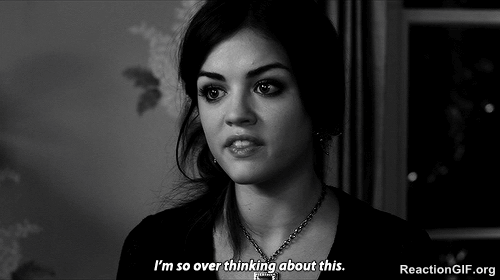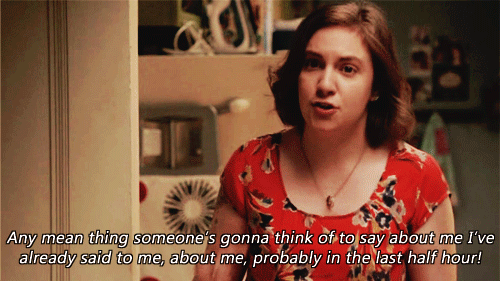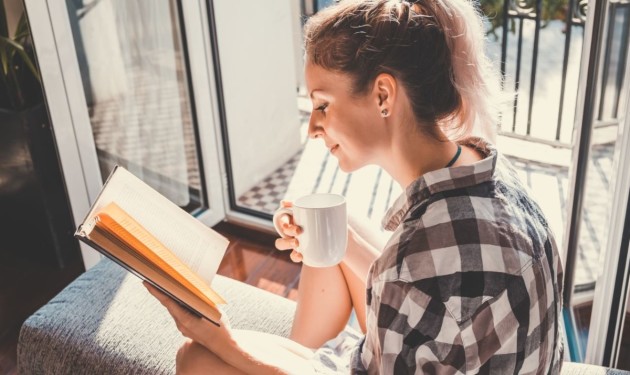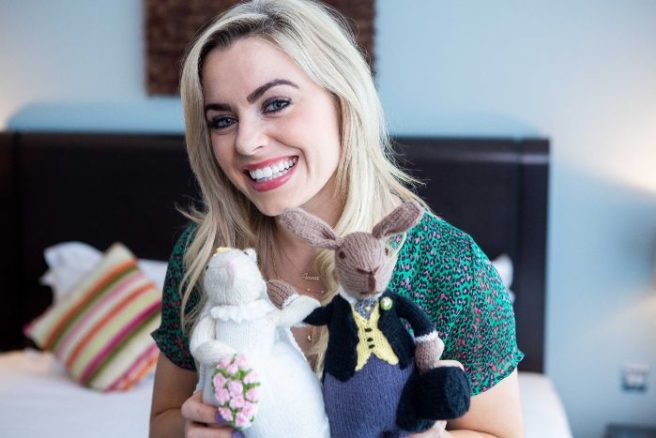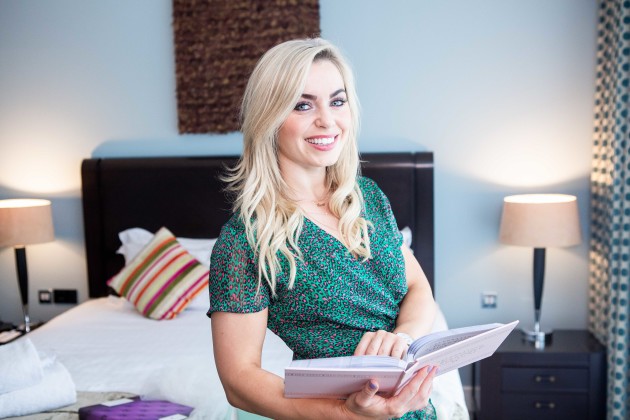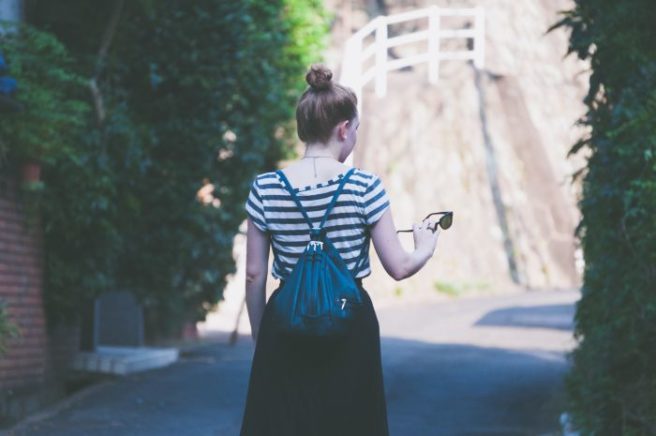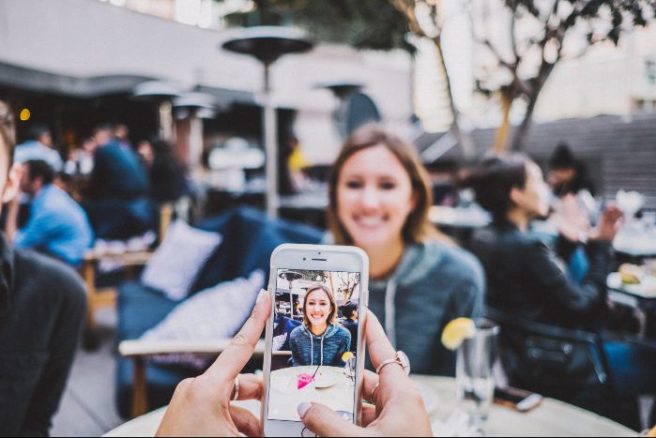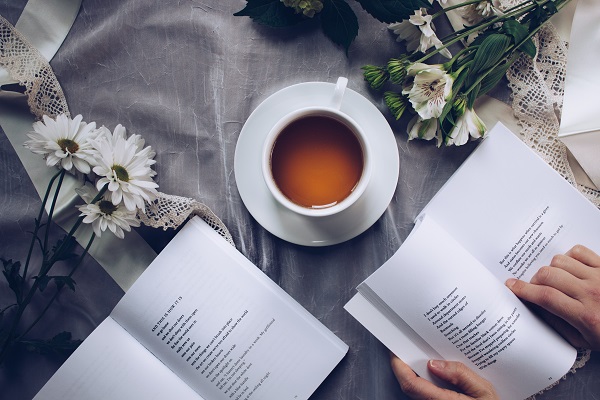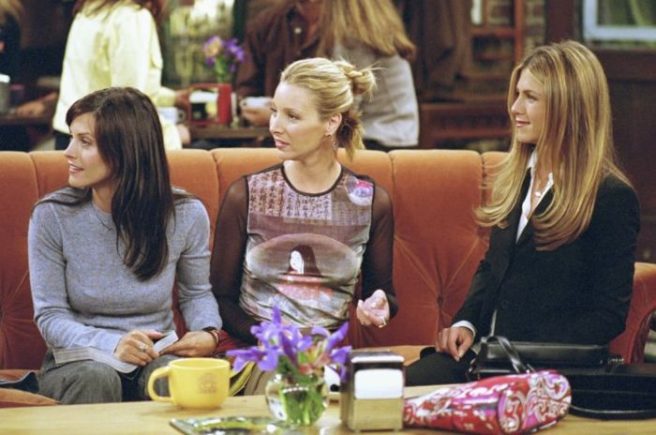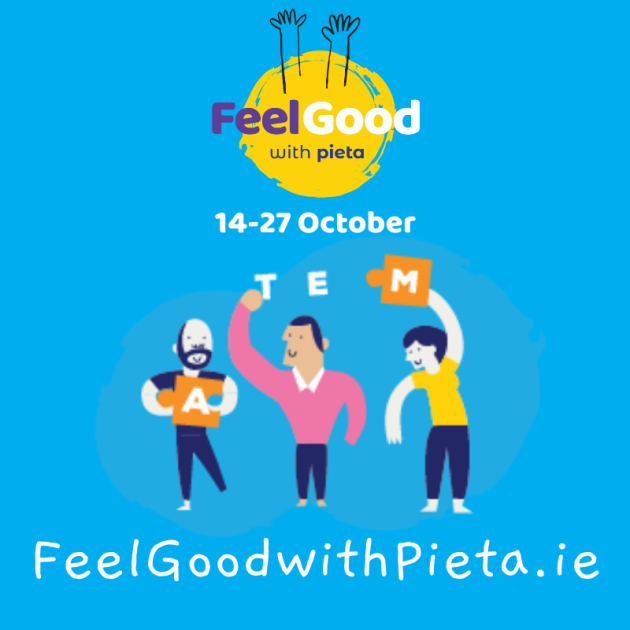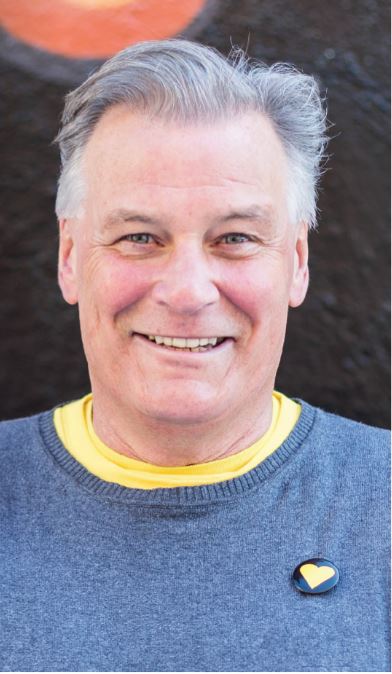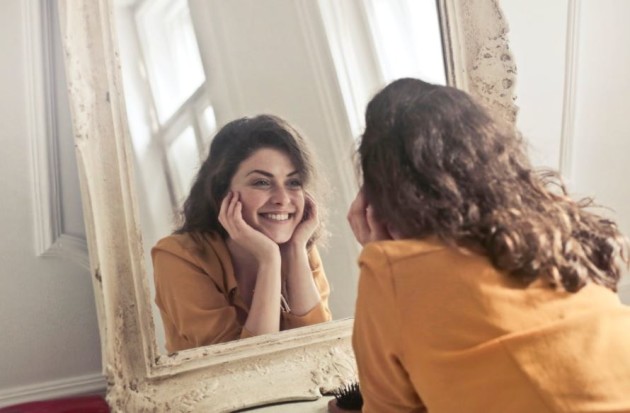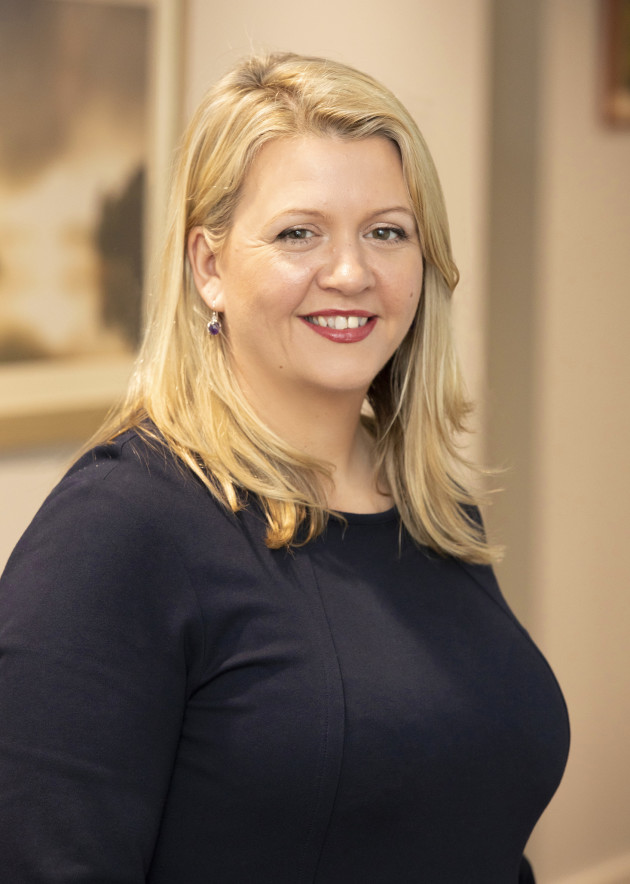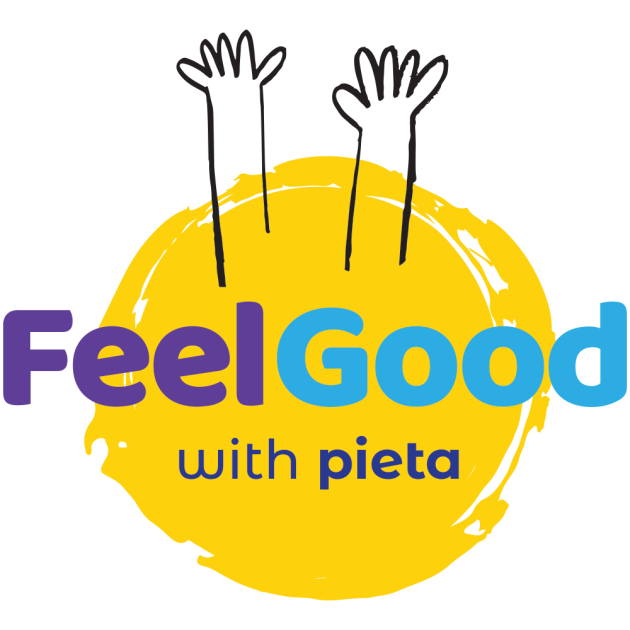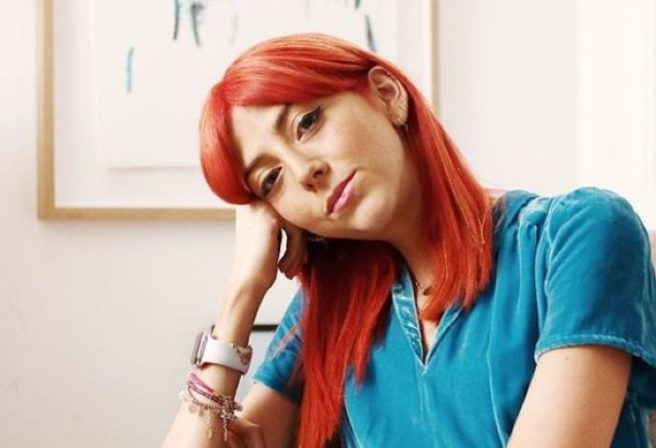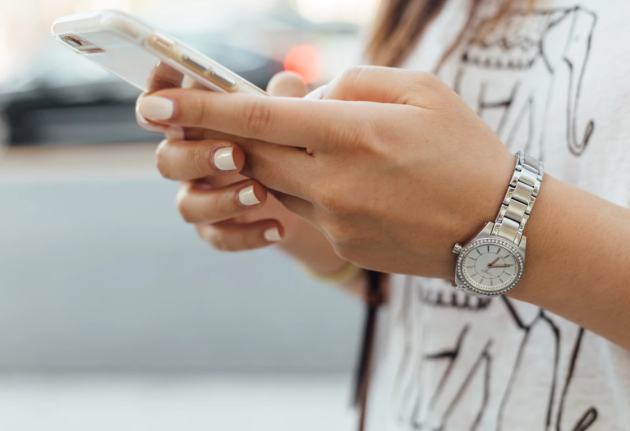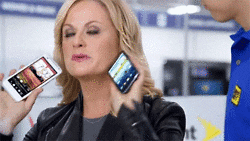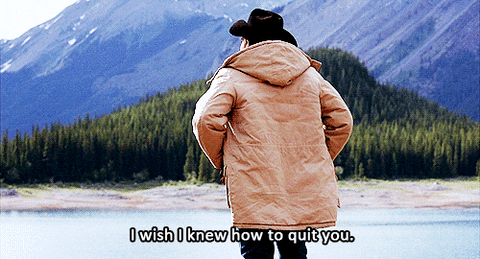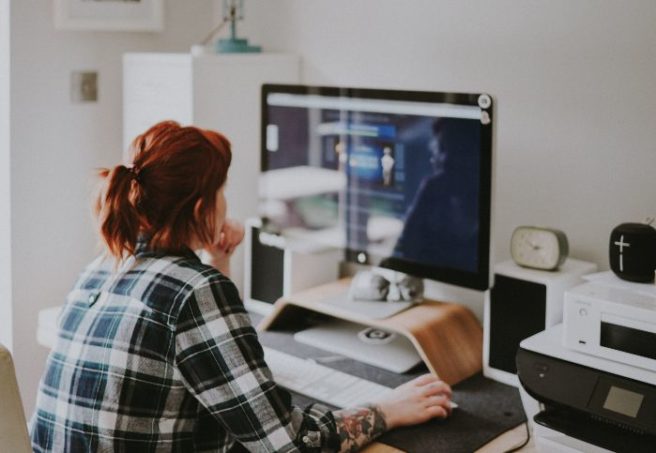
Worried about returning to work? Here’s 5 ways to make it easier
Going off track from time to time is perfectly normal, especially over the summertime and breaks when we tend to feel more relaxed and carefree. Emerging from a global pandemic is, however, a significant event that can easily throw our worlds into chaos. If you've had your kids at home for the past eight weeks, while you work and perhaps care for an elderly relative, it's no wonder that you've deviated from your daily routine. Lie-ins, lots of screen time, too much junk food, alcohol and late nights are all to be expected, but when this lockdown lifts, it can be a challenge to get back into the old schedule.
A lot has happened in the last few weeks. But despite the overwhelming sense of uncertainty, it appears we are still remaining hopeful moving forward.
A recent survey conducted online by PrecisionBiotics®, the manufacturers of Zenflore®, found that while people were eating, drinking alcohol and cooking more during his COVID crisis, two-thirds remain positive about the future.
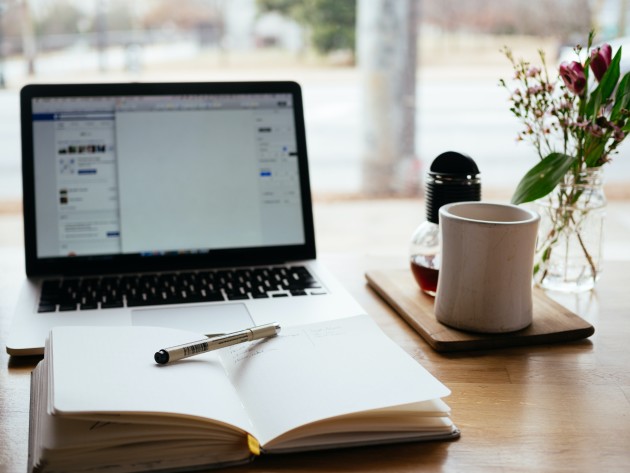
It's essential to accept that there will be challenges for everyone adjusting to their own new norm. However, while the stress is understandable according to Virgin Media's 'Doctor in the house', GP, Sinead Beirne, it is essential we keep our anxiety to a manageable level. "In small doses, stress can actually be a good thing, it has many advantages, but chronic or high levels of stress has been linked to health issues like heart disease, high blood pressure, high cholesterol, type two diabetes and depression."
Dr Sinead Beirne continues: "Everyone of all ages is facing challenges daily, and managing stress levels is key to maintaining good health through this COVID crisis."
Here are 5 ways to help you adjust to 'normal' life again.
-
Exercise
The free drug without any side effects! Stick to the 5km rule and make use of your garden if you are fortunate enough to have that space. It’s important that we get out in the open fresh air while practising social distancing and good hand hygiene. Exercise is great and the treatment of choice for mild to moderate anxiety. I always recommend it to my patients. My personal favourite is walking. You can do it into your 90’s.
-
Sleep
Be mindful of sleep hygiene for you and your family members. Put away your phone and turn off the computer. It’s important to have a wind-down period before you go to sleep. Spend time offline with children before bedroom answering any questions or concerns they may have in an age-appropriate way. Also, Avoid caffeine and alcohol after 6 pm.
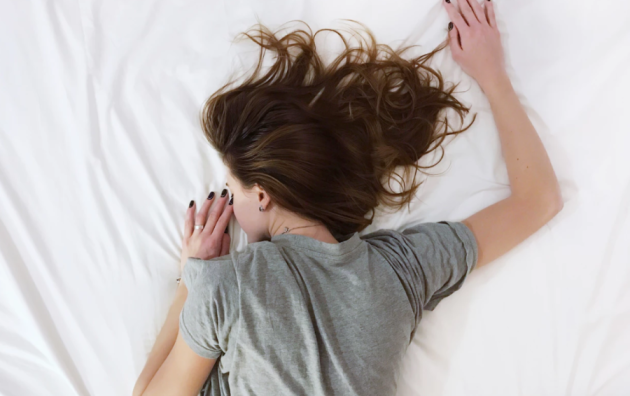
-
Food
Start to make good food choices again- Fueling your body with good nutritious food helps you to cope. Take time to eat, chew and enjoy your food.
-
Mindfulness
Whether you’re using an app on your phone or just taking 10 minutes by yourself, taking down time has great benefits. Pay attention to the present moment, without judgement. You’ve got to practice it to perfect the art.
-
Talk
Whether about your concerns to a best friend, a spouse or a parent. This can sometimes be as effective as attending a counsellor or psychologist. When we bottle things up, our worries can seem out of proportion. Use social media for this purpose, reach out on Facetime or Skype but stay connected.
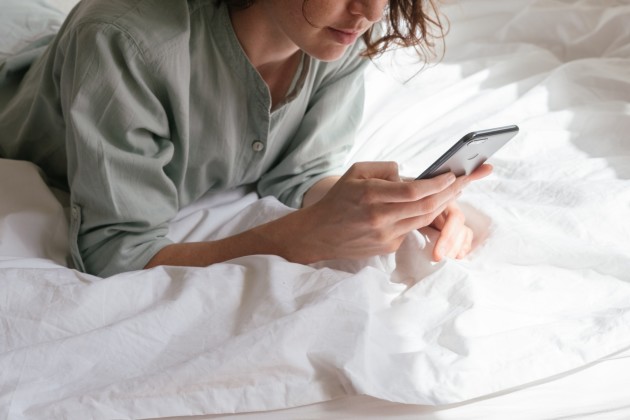
Finally, Positive Thinking
When you think and talk about what you want and how to get it, you feel happier and in greater control of your life. When you think about something that makes you happy, your brain actually releases endorphins, which give you a generalized feeling of well-being. As a result, you develop a positive attitude. As a nation, Ireland continues to rank well in the World Happiness Reports putting it ahead of the likes of Germany, France and the United States.








